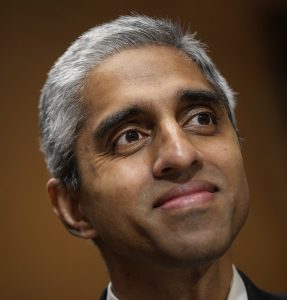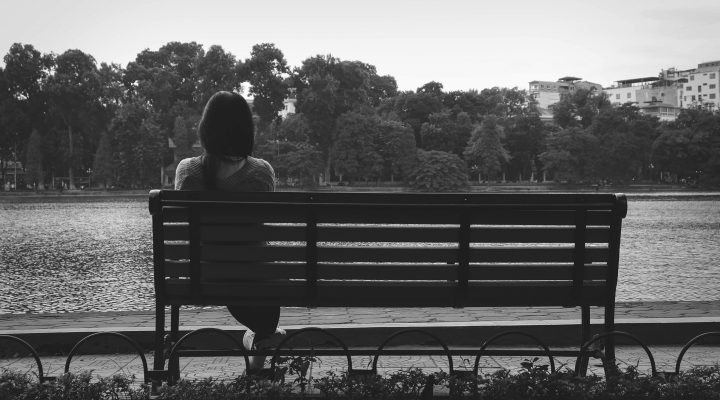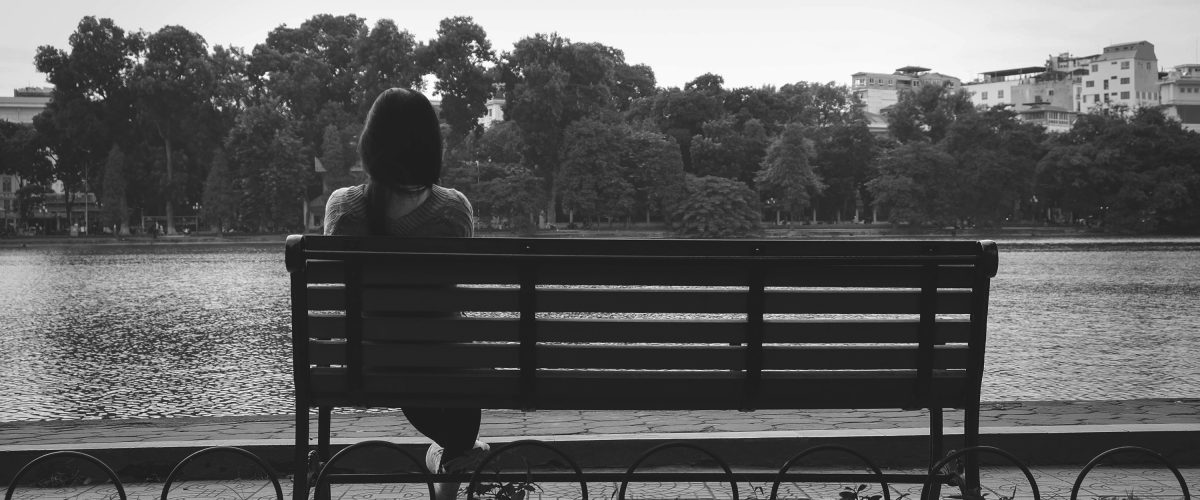What more can we say of loneliness, the disease that afflicts modern Americans from depressed children to isolated elders?
We know many of the causes: social disconnection, the decline of community institutions, the radical individualism we often mistake for personal freedom, the years-long COVID pandemic, fragile families and the breakdown of marriage, poverty (and wealth), widespread mental health issues, digital “friendship” replacing the real thing.

Erich Bridges
But we can’t seem to find a cure.
U.S. Surgeon General Vivek Murthy warned Americans once again, in an official advisory issued May 3, of the devastating health effects of loneliness and social isolation.
“At any moment, about one out of every two Americans is experiencing measurable levels of loneliness,” Murthy wrote April 30 in a New York Times op-ed. “This includes introverts and extroverts, rich and poor, and younger and older Americans. Sometimes loneliness is set off by the loss of a loved one or a job, a move to a new city, or health and financial problems — or a once-in-a-century pandemic. …
“Loneliness is more than just a bad feeling,” Murthy stressed. “When people are socially disconnected, their risk of anxiety and depression increases. So does their risk of heart disease (29%), dementia (50%), and stroke (32%). The increased risk of premature death associated with social disconnection is comparable to smoking daily — and may be even greater than the risk associated with obesity.

U.S. Surgeon General Vivek Murthy (Photo by Drew Angerer/Getty Images)
“Loneliness and isolation hurt whole communities. … When we are less invested in one another, we are more susceptible to polarization and less able to pull together to face the challenges that we cannot solve alone — from climate change and gun violence to economic inequality and future pandemics. As it has built for decades, the epidemic of loneliness has fueled other problems that are killing us and threaten to rip our country apart.”
Murthy poignantly wrote of his own struggle with isolation in his previous term as surgeon general, when he neglected personal relationships and spiraled downward into a year of depression. Now, he prioritizes time with friends and family. “I am a better father, husband, friend and surgeon general as a result,” he said.
I’ve written before about my experience with grief and isolation after my wife died in 2017. Missing her was (and is) by far the worst part of it, but I also paid the delayed price of selfishly neglecting friendships in previous years. I have worked to restore some of those relationships and pursue new ones.
Murthy called for a new national commitment to rebuild “social infrastructure,” the public and private networks — face to face, not virtual — that encourage healthy relationships and communities.
“This work will take all of us: schools, workplaces, community organizations, government, health workers, public health professionals, individuals, families and more working together,” he urged.
Being a good government bureaucrat, Murthy didn’t mention churches or houses of worship, although I suppose they’re included under the “community organizations” umbrella.
“Churches should take the lead, as they almost always have, in rebuilding community.”
Churches should take the lead, as they almost always have, in rebuilding community. Even in our day of weakening congregational life and the rise of the “nones,” there are an estimated 380,000 churches in America, according to a 2020 study by the National Congregational Study Survey. Churches remain by far the most numerous gathering places in America besides schools and restaurants.
How do we bring back into churches — or bring in for the first time — hurting and lonely people who desperately need friends? By meeting their immediate needs, whether that means food aid, support groups, drug counseling, divorce recovery or just a place to hang out and talk to someone over coffee. Heck, we could even share the love of Christ, the friend who is closer than a brother. What a concept.
Churches are first and foremost houses of God, where God is to be worshiped and praised. But they are also lighthouses for the lost, shelters for the cold and hungry, sanctuaries for wanderers and strangers.
It’s time to open our doors wide once again.
Erich Bridges, a Baptist journalist for more than 40 years, retired in 2016 as global correspondent for the Southern Baptist Convention’s International Mission Board. He lives in Richmond, Va.
Related articles:
The loneliness epidemic | Opinion by Susan Mettes
Maybe your church needs a minister of loneliness | Opinion by Erich Bridges
Rural churches: Pay attention to the mental health needs of farm workers


